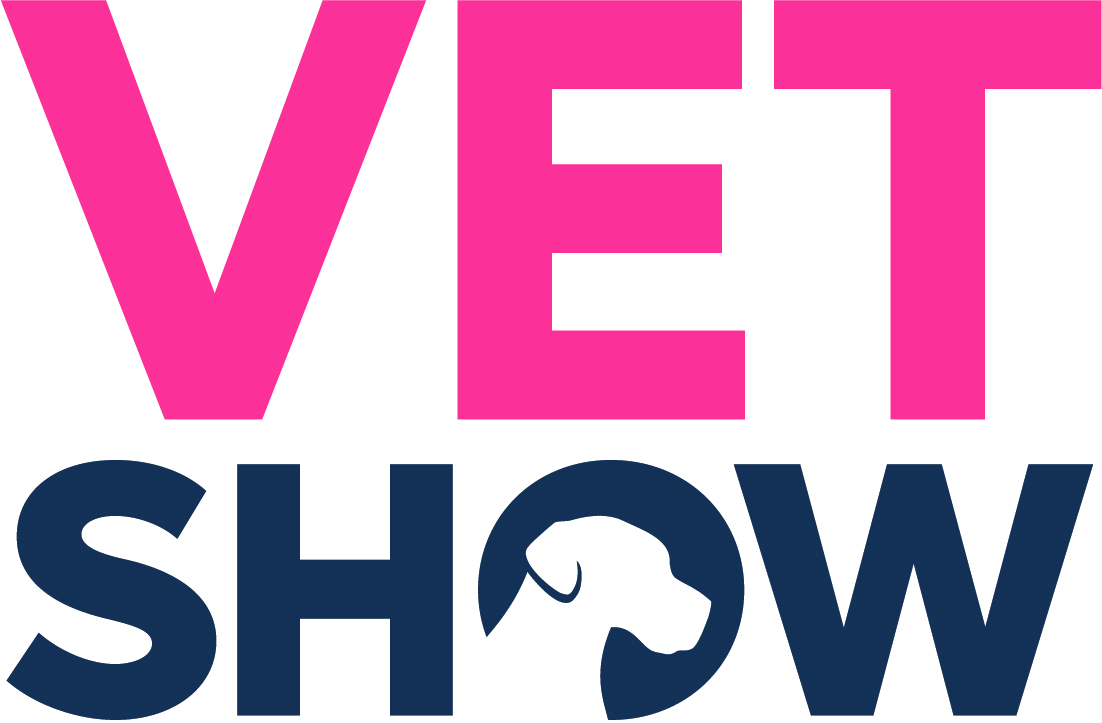3 Major Tips for Veterinary Professionals and COVID-19
)
Before officials in Wuhan, China placed restrictions on travel, 5 million people left the city and their pets behind, resulting in at least 20,000 to 30,000 trapped at home in early February.
As fears over COVID-19 in the US continue to rise, it's important to know what veterinary practices can do (and are doing) to address clients' fears or take precautions with their staff.
The British Veterinary Association released guidelines for veterinarians and veterinary practices, which can also be applied to the US. Check these out to be as cautionary as possible when dealing with pets and clients:
-
Remind clients not to bring their pets into your practice or business if they are self-isolating due to potential exposure to, or are confirmed to have, COVID-19.
-
For people self-isolating, recognize that now might not be the best time for routine treatments and visits. Seek to reschedule these types of appointments.
-
Create plans for emergency situations in which pets of infected owners need to come in, and be aware of the risk of environmental contamination (like on the fur of the animal). This could include:
-
Having clients ask a friend or non-household family member to bring the pet to your practice;
-
Assigning specific areas of the practice for pets who have been in contact with people suspected or confirmed to have the virus.
-
Using personal protective equipment when examining and treating pets whose owners have been suspected or confirmed of having the virus.
-
We also spoke to several local veterinary clinics in New York City to find out what measures they've taken so far.
According to Heights and Hill Veterinary Hospital in Brooklyn, clients haven't expressed concerns regarding COVID-19 and their pets, but they're keeping a close eye and following The US Centers for Disease Control and Prevention (CDC) and the World Health Organization (WHO) recommendations to ensure the safety of their patients and staff members. The Village Veterinarian in the East Village said, "We're being more alert than usual--we're disinfecting all doorknobs, keypads, and taking extra steps where necessary.''
One question from pet owners that veterinarians are encountering includes what people should do in the event they become sick and still need to care for their pets. The CDC recommends limiting contact with pets if you're sick or having someone else care for the pet while you're sick. There is some misconception that quarantine, or self-quarantine means complete isolation. Let pet owners know that if they must still care for their pets, they can still walk their dogs as long as they follow the CDC's recommendations (i.e., wear a mask, keep a 6-foot distance from others, etc.).
In times like these, it's important to remain calm, understand all of the facts, and follow precautions and guidelines set by professionals. For more information on animal safety and COVID-19, read The New Coronavirus and Companion Animals ' Advice for WSAVA Members.

